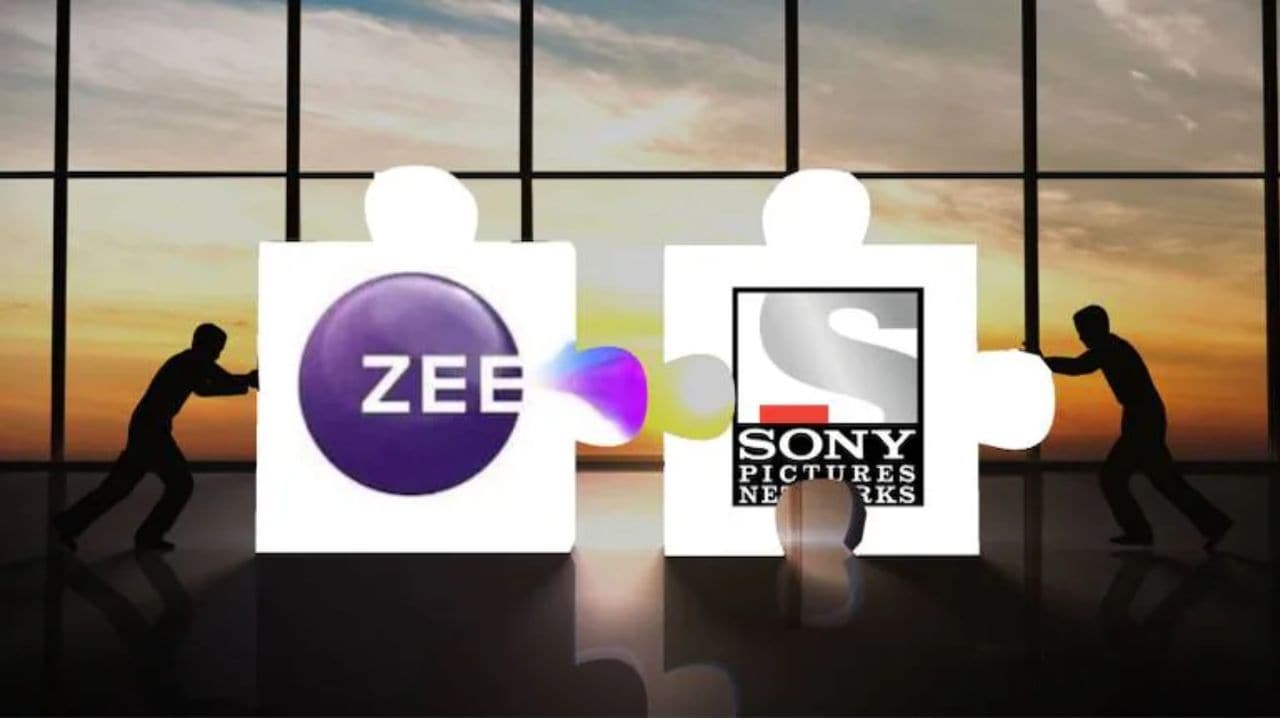ZEE Entertainment Enterprises Ltd withdrew its merger implementation application filed with the National Company Law Tribunal(NCLT) in Mumbai on April 16. The move has sparked a debate over their future strategy. Legal experts believe Zee may have prioritised strategy freedom, freedom, financial concerns, or it could simply be looking for a new partner.
So why did ZEE decide to withdraw the implementation application?
“The issue is arising out of a composite Scheme arrangement between Zee, Culver Max Entertainment Pvt Ltd and Bangla Entertainment Pvt Ltd where they have chosen arbitration proceedings at the Singapore International Arbitration Centre (SIAC) . Subject to NCLT’s discretion, such an order would not hold good. If ZeeL had lost before the NCLT, it would have impacted before the litigation,” said Alay Razvi, Partner, Accord Juris LLP.
“In all probabilities, they ought to have kept the proceedings before the arbitrator rather than approaching NCLT. Withdrawal of the application is a wise decision considering the intricacies and gravity of the situation,” Razvi added.
Also read: ZEE-Sony Merger Case: ZEE withdraws merger implementation application from NCLT
In the press statement announcing the development Zee chairman R. Gopalan, Chairman said that their immediate priority is to focus on performance and achieve its targeted goals for the future.
“We have reviewed the key steps taken by the management over the last few months that are result-oriented, and we believe that the Company is well poised to chart a stronger growth trajectory. Hence, after seeking an independent legal opinion, the Board has advised the management of the Company to withdraw the implementation application filed before the Hon’ble NCLT,” Gopalan said.
Time will reveal the impact of this move on Zee and its focus to improve margins.
However, currently, experts suggest that the outcomes of this decision whether positive or negative depends on various factors, including strategic alignment, financial health, and the broader business environment.
“Zee may benefit from maintaining its independence, allowing it to pivot and adapt quickly to changing market conditions without the complexities of a merged corporate structure. Also, by backing out, Zee avoids potential lengthy and uncertain regulatory scrutiny that could tie up resources and focus,” said Anant Singh Ubeja, Senior Associate, SKV Law Offices.
According to Ubeja, Zee may see better opportunities in forging other partnerships or pursuing different strategic initiatives that align more closely with its core objectives and market dynamics.
